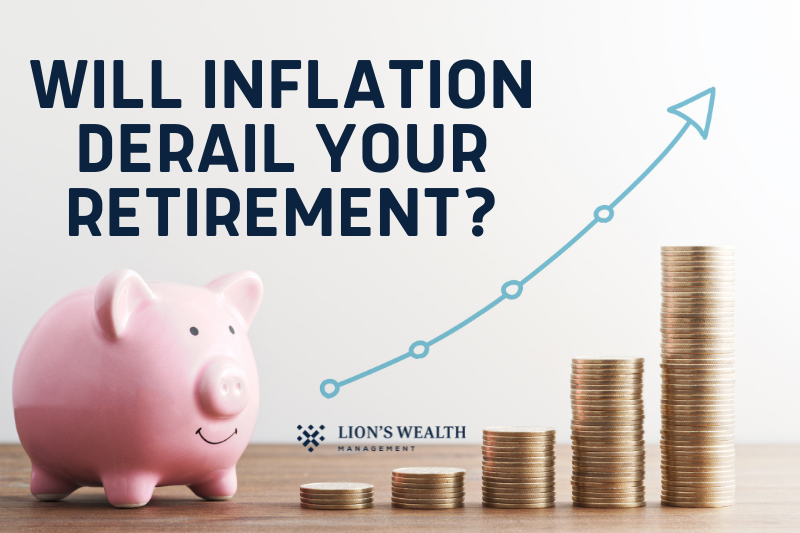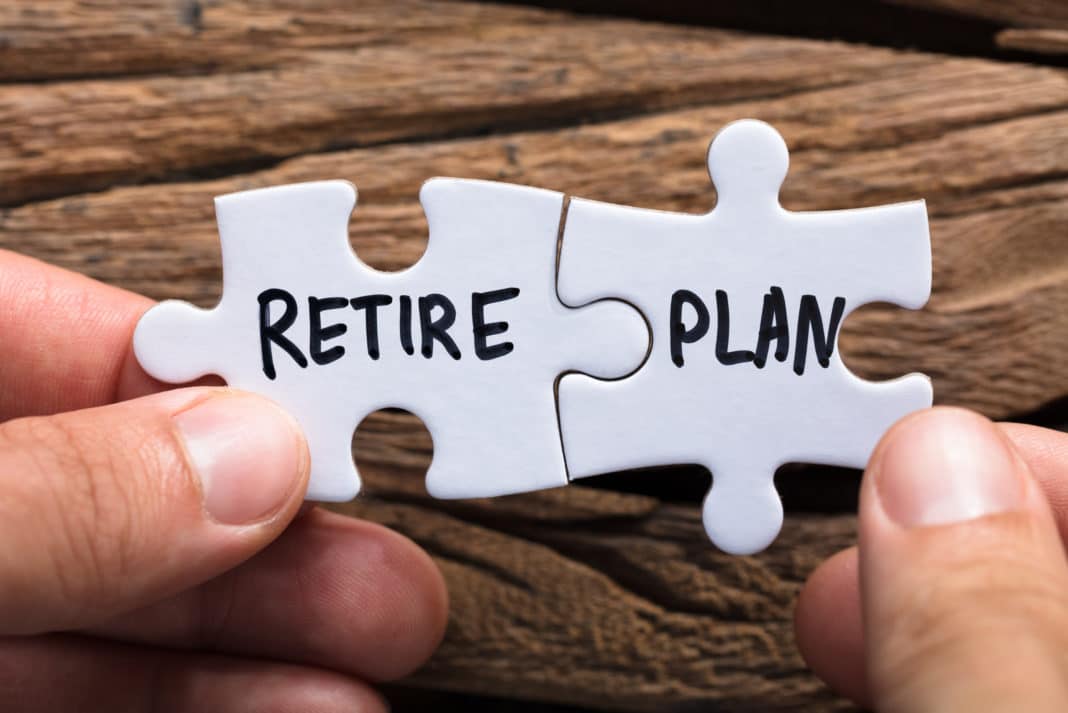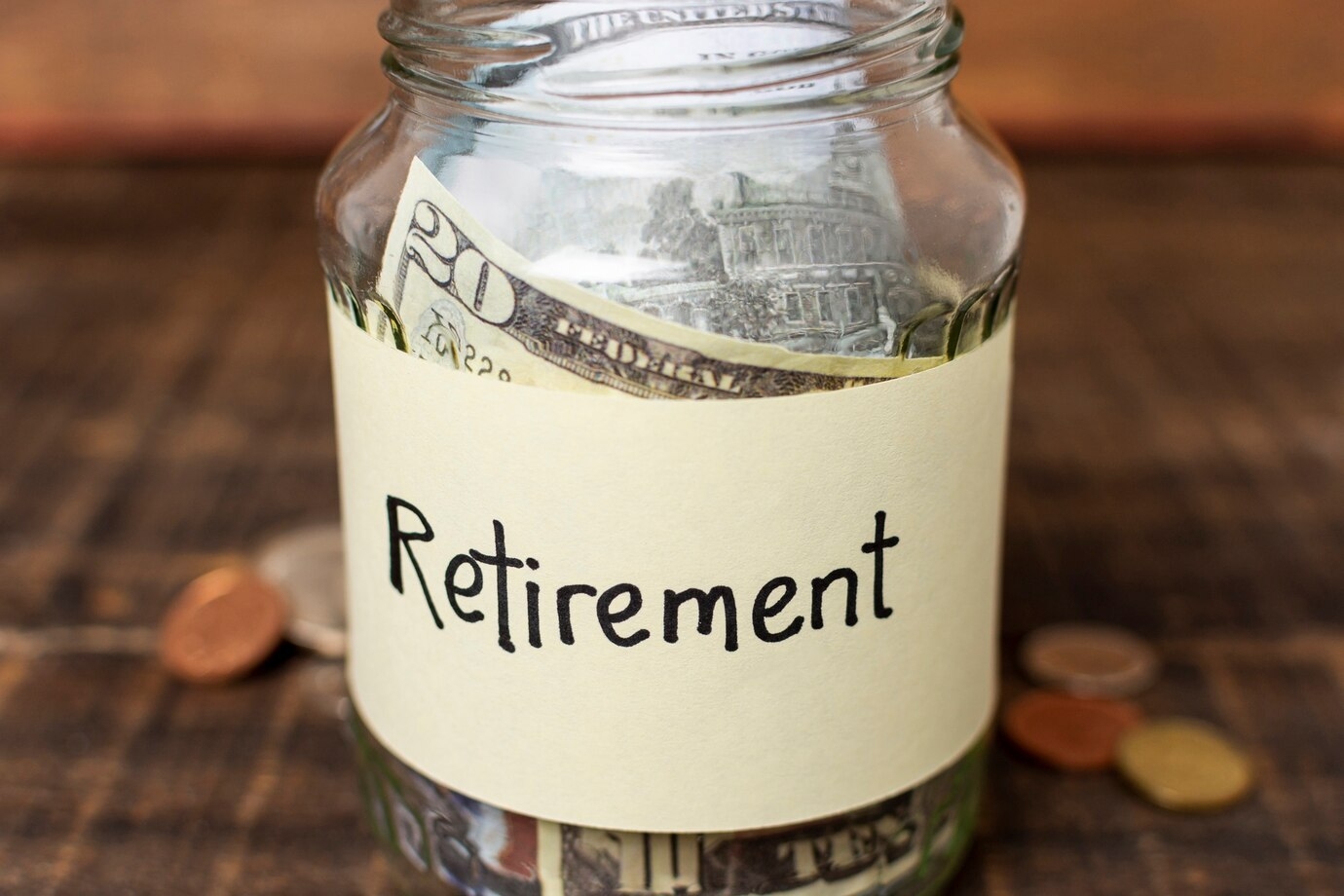Understanding inflation
Inflation isn’t necessarily a bad thing; thriving economies usually have low inflation rates. The actual problem, though, is that your income has not grown at the same rate as inflation. This is due to a decline in buying power, which means you can buy fewer products and services for the same amount of money. This has serious implications for retirees who live on a fixed, and sometimes limited, monthly budget.
Here are the 5 areas:
-
Will inflation cause me to spend more?
Inflation occurs when there are too many money chasing too few products, resulting in diminished buying power. Simply said, the more the demand for products and services, the higher the price; the higher the price, the less you can purchase.
During inflationary cycles, we often see companies raise consumer prices to offset rising costs. As a result, consumers pay more for almost everything, from food to housing to healthcare. Higher pay and greater perks are rarely provided to help with living expenses. As a result, we begin to feel the effects of inflation when it becomes more expensive to fill up the gas tank or buy the same items at the grocery shop.
-
Healthcare expenses
The impact of inflation on the healthcare business might be severe. Higher inflation may not only expand the gap between public and private reimbursement, prompting physicians to charge more from their private sector clients, but it may also induce an increase in insurance rates. Fewer payers would be able to endure increases in healthcare expenditures, resulting in fewer insured or underinsured people.
Insurance companies may attempt to utilize their expanding market power to limit provider reimbursements, constrict their networks, or deny patient access to medical treatment over time. Not to mention the pressure that doctors and hospitals will face from both sides as they deal with rising office costs and shrinking revenue.
Few jobs in healthcare thrive in an inflationary atmosphere, so having the correct personal financial safety nets in place to counteract these possible professional losses is critical.
-
Savings & Investments
Many people are concerned about running out of money in retirement. In addition, with inflation in the news, consumers may doubt the soundness of their retirement plan. Increased inflation over the next few years may need individuals having slightly greater financial assets to sustain their retirement. Current retirees, on the other hand, may need to change their yearly expenditures to keep on track for financial success if they are withdrawing close to the maximum their allocations can allow.
Consider adding more commodities, dividend-paying equities, inflation-protected bonds, and publicly listed real estate to your portfolio. This might be a good opportunity to assess your total allocation and validate that you are investing correctly considering your time horizon and other financial plan elements.
However, while modest tweaks to prevent inflation may be necessary, don’t get disheartened by present market volatility and abandon your entire approach. Consult an adviser if you don’t have a well-thought-out strategy in place.
-
Do not take unnecessary debt
Interest rates are now quite low, but they are expected to climb. A rise in interest rates now might cause inflation, amplifying the inflationary effect of a hypothetical debt crisis by a similar process.
Inflation will also have an impact on interest rate levels. The higher the inflation rate, the more likely interest rates will rise. This happens because lenders will want higher interest rates to compensate for the future reduction in buying value of the money they are paid.
-
Is inflation persistent or temporary?
Transitory/temporary inflation
Transitory refers to something that is just transient or does not last. Transitory inflation often occurs when economies transition from strong contractions to sharp expansions. It is only transitory as long as price levels fall and supply catches up with demand.
A few of economists believe the present rise is just temporary owing to supply chain disruptions and demand issues caused by COVID-19. Because there has been little service inflation, “Team Transitory” believes that these are pandemic-induced interruptions and that inflation will fall on its own.
Persistent or permanent inflation
Persistent inflation is defined as a steady increase in prices that lasts for years. It is often caused by structural changes in the economy and is something that central banks will try to regulate over time.
Persistent inflation lasts a long period, whereas permanent inflation persists or survives without noticeable change. There is also structural inflation, which is produced by government policy rather than excess demand.
There are many potential risks to plan for during retirement with one being inflation. As you can see, inflation has the potential to adversely impact even the most well-planned strategies. Since inflation isn’t going anywhere, it’s imperative you plan for it. Consulting with a financial professional is a good start. Don’t let the excitement of your retirement lifestyle be overshadowed by various risk factors that could derail your dreams. We will listen and offer solutions tailored to help you achieve the retirement you want.
We at Lion’s Wealth Management can help you build a suitable plan and test out different scenarios. And make sure that you update your plan regularly, taking into account current market conditions and goal changes.








